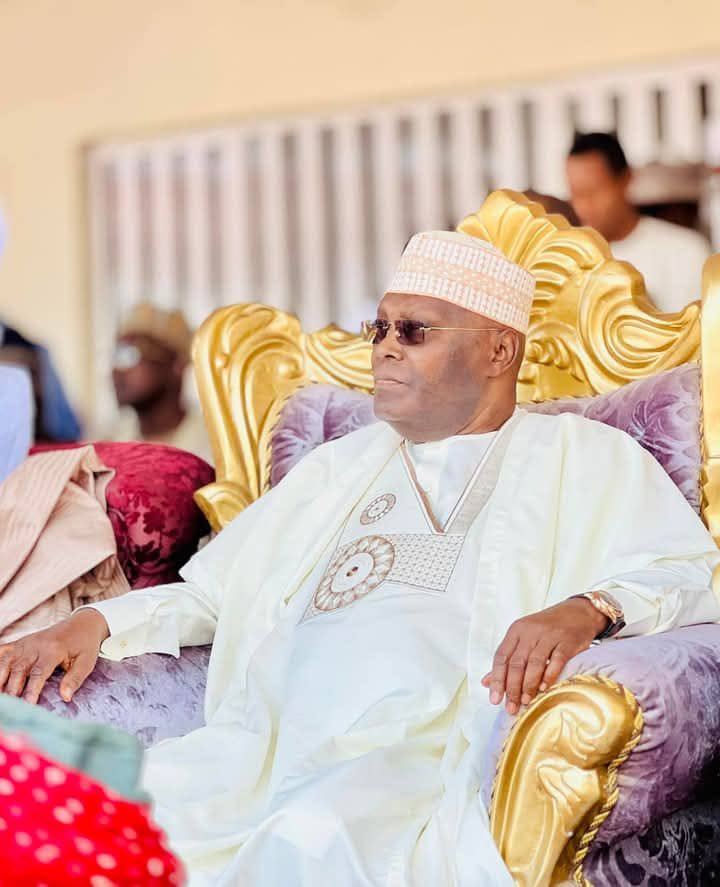Former Vice President, Atiku Abubakar, has faulted President Bola Tinubu’s proposed N49.7 trillion 2025 budget, saying that the budget with over N13 trillion deficit represents consistent financial indiscipline of the All Progressives Congress-led government.
He said, “The 2025 federal budget, amounting to N48 trillion with a revenue forecast of N35 trillion, resulting in a deficit exceeding N13 trillion or 4% of GDP, reflects a continuation of business-as-usual fiscal practices.
“This represents a persistent trend under the APC-led administration since 2016, wherein budget deficits have been consistently presented, accompanied by an increasing reliance on external borrowing.”
“This borrowing strategy mirrors the approach of previous administrations, resulting in rising public debt and exacerbating the attendant risks related to interest payments and foreign exchange exposure,” he said.
The former VP said, “The 2025 budget’s capacity to foster sustainable economic growth and tackle Nigeria’s deep-rooted challenges is questionable. Key issues arise from several factors:
“Weak Budgetary Foundations: The 2024 budget’s underperformance signals poor budgetary execution. By Q3 of the fiscal year, less than 35% of the allocated capital expenditure for MDAs had been disbursed, despite claims of 85% budget execution.
“This underperformance in capital spending, crucial for fostering economic transformation, raises concerns about the execution of the 2025 budget.
“Disproportionate Debt Servicing: Debt servicing, which accounts for N15.8 trillion (33% of the total expenditure), is nearly equal to planned capital expenditure (N16 trillion, or 34%).
“Moreover, debt servicing surpasses spending on key priority sectors such as defence (N4.91 trillion), infrastructure (N4.06 trillion), education (N3.52 trillion), and health (N2.4 trillion).
“This imbalance will likely crowd out essential investments and perpetuate a cycle of increasing borrowing and debt accumulation, undermining fiscal stability.”
Atiku stressed that the “lack of concrete steps to curb wastage and enhance the efficiency of public spending exacerbates the fiscal challenges, leaving limited resources for development”.
He said that by imposing additional tax burdens on an already struggling populace while failing to address governance inefficiencies, Tinubu’s government risks stifling domestic consumption and further deepening economic hardship.
He emphasized, “The 2025 budget lacks the structural reforms and fiscal discipline required to address Nigeria’s multifaceted economic challenges.
“To enhance the budget’s credibility, the administration must prioritize the reduction of inefficiencies in government operations, tackle contract inflation, and focus on long-term fiscal sustainability rather than perpetuating unsustainable borrowing and recurrent spending patterns.
“A shift towards a more disciplined and growth-oriented fiscal policy is essential for the nation’s economic recovery.”

